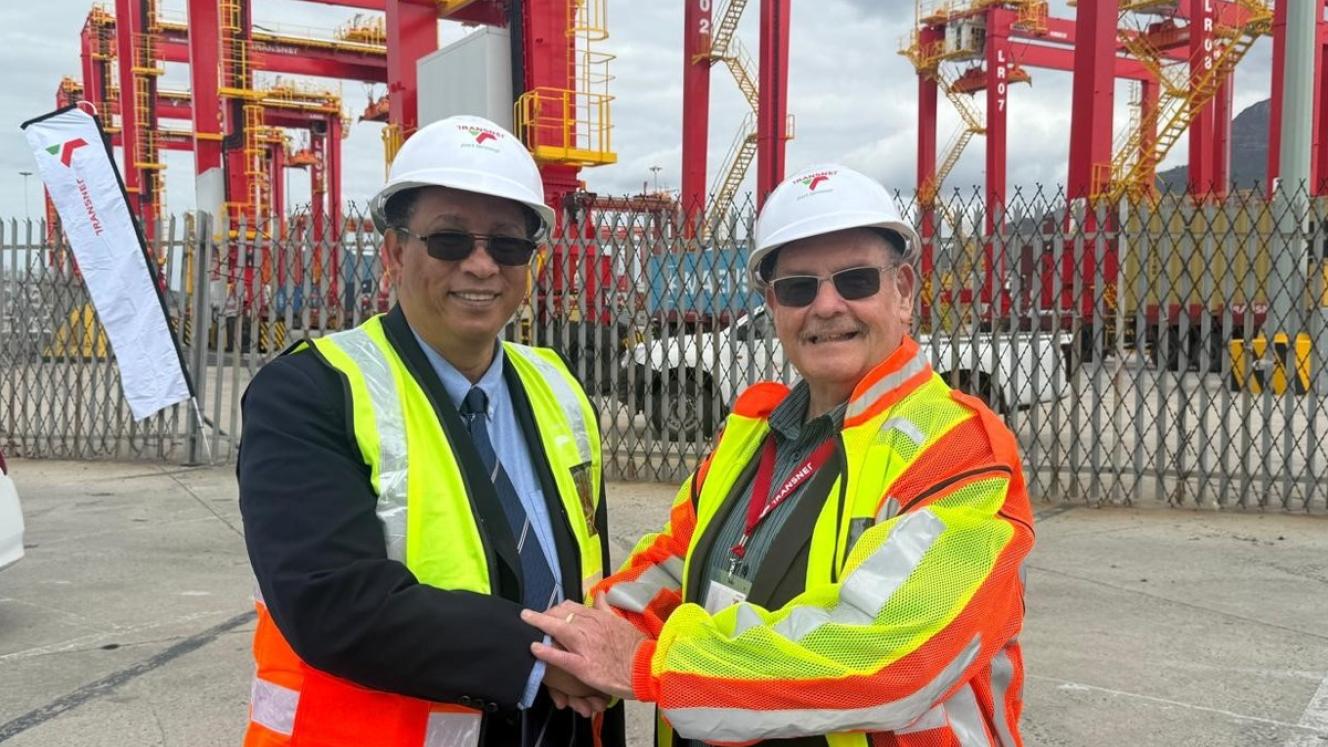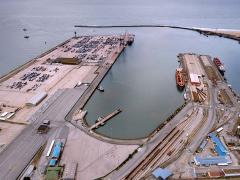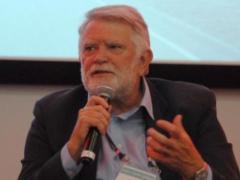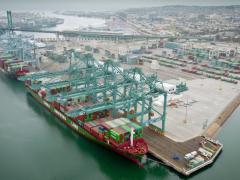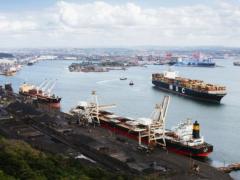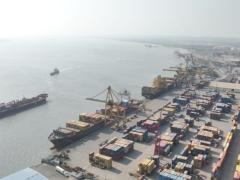Project cargo’s lean days are over, with volumes steadily increasing as the mining and infrastructure sectors across southern Africa flourish. Sunil Kalu, business development manager for African Project Logistics (APL), a division that focuses on project cargo within the ICM group of companies, says considering that 70% of key components that fit into a project cannot be locally manufactured, project cargo will continue to do well. “With the current boom in the infrastructure, power, mining and petrochem sectors, there has been a definite increase in volumes of imported project cargo content.” Having recently handled a project that saw the movement of an 80-ton rotor for the Tutuka power station in the Emalahleni area, APL is actively involved in a variety of projects across southern Africa – especially in Botswana and in the Tete area in Mozambique. The company, established two years ago, last year made history when it transported the biggest transformer ever to be brought into Africa to the Medupi Power Station near Lephalale in Limpopo. “With commodity prices improving following the global economic meltdown, mining companies have started investing again and that means an increase in project cargo,” says Junaid Ebrahim, projects cost analyst for APL. “And with world consumption demands on a hike again, the industry is set to continue to grow.” According to Kalu there is much opportunity for South African companies to gain international experience in the modern-day project cargo environment. “We are competing for contracts on an international level and that means we need to deliver international level services. Exposure of our staff to world-class highly technological projects is a major boon to our local companies,” he told FTW. “Project cargo is the more exciting part of our business and has its rewards and benefits. As a proudly South African organisation and with our involvement, APL has international exposure on a one-on-one basis with world class OEMs who are currently executing projects in the country and Africa. This opens doors of opportunity for us in the international arena.” It is for this reason the company decided to implement Lean Six Sigma within its ranks, as this has become a norm around the world. “It is about knowing the needs of each specific project. Southern Africa has a lot more potential because of the underground abundant resources we have that the world demands. We must be in a position to service those projects.”
